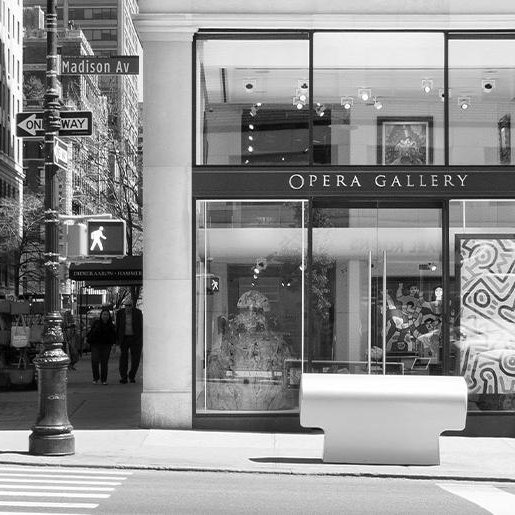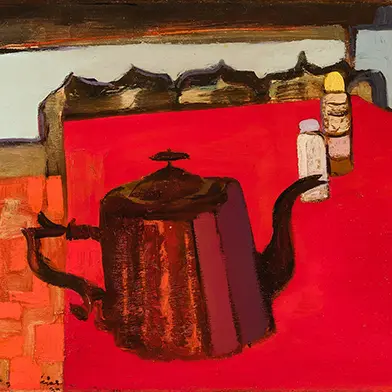What’s on at the world’s leading galleries
Events 22 Apr 2025
New York

22 Apr
Edwynn Houk Gallery, 693 Fifth Avenue, 6th Floor, NY 10022
Taipei
Show of the Day

following his pavilion at the 60th Venice Biennale, the first exhibition in America of the rising star of the African art scene presents a cross-examination of the artist’s home country and the US
News
See all
news
Yancey Richardson now represents Tania Franco Klein
Franco Klein is known for her visually evocative and conceptually intricate photographic series that explore emotion, psychology and subjectivity as social constructions

news
Jack Shainman Gallery announces representation of the Estate of Faith Ringgold
over the course of six decades, Ringgold became one of the most significant cultural figures of the twentieth and twenty-first centuries
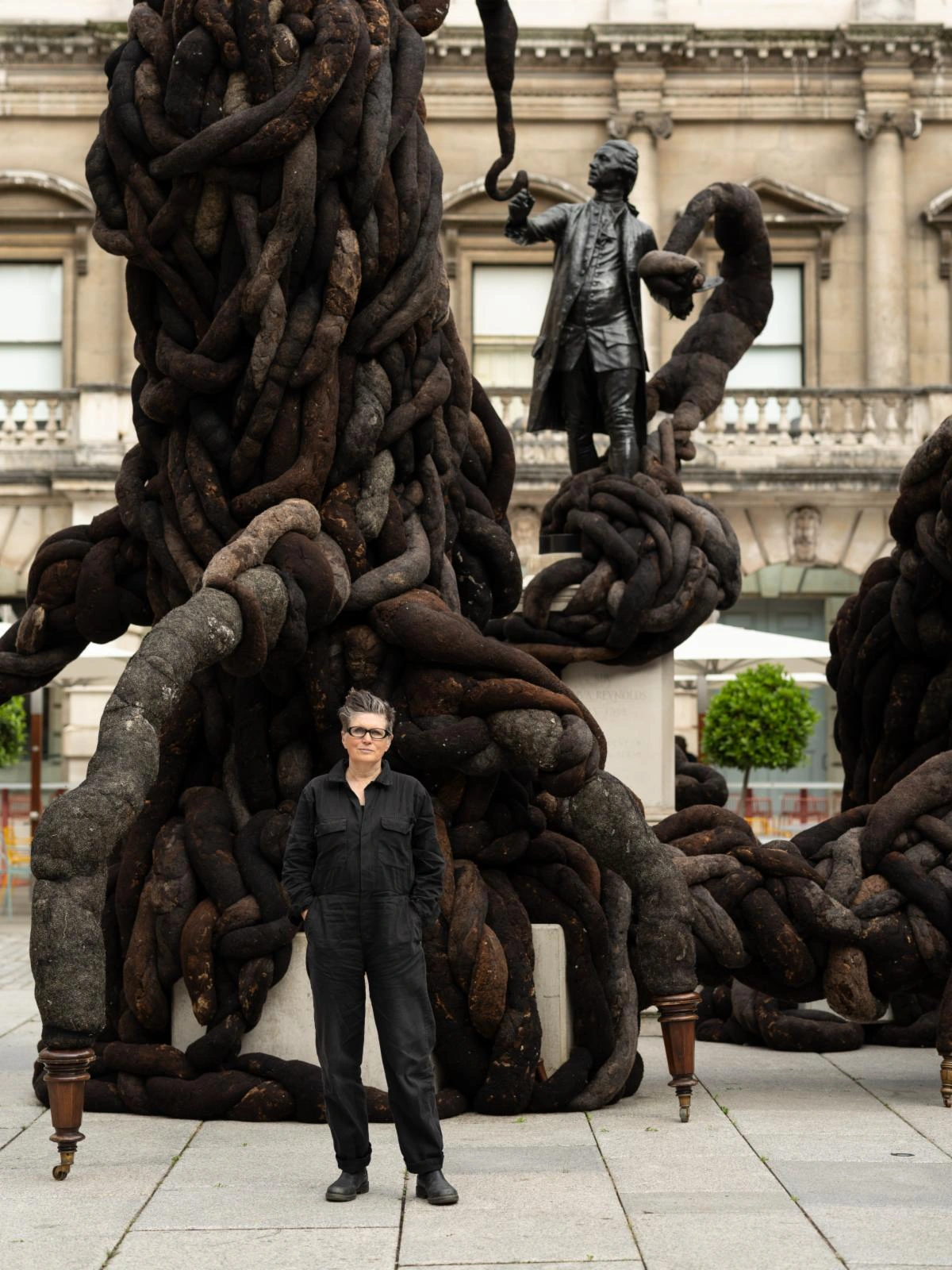
news
Annely Juda Fine Art announces representation of Nicola Turner
Turner creates sculptures and site-responsive installations that explore fundamental dichotomies: life and death, human and non-human, attraction and repulsion
Exhibitions on Now
See all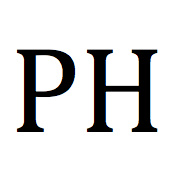
London West End


last week
4
in the gallery’s micro-project space, a new sculpture by the London-based artist

Berlin


last week
4
“everyday events, the reflections of changing seasons throughout the year, motifs from Twombly’s homes ... what all these still photographs touch upon is the poeticized nature and its intrinsicality as a parable and metamorphosis”
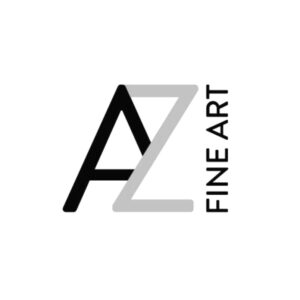
London West End


last week
1
curated by Virginia Damtsa, more than fifteen artists in an exhibition of museum-quality, privately owned sculptures spanning over two millennia

New York Chelsea

just opened
53
the first presentation at the gallery’s newly renovated Chelsea space is an exhibition curated by Cecilia Alemani with both paintings and sculpture by the pioneering figure of postwar art - “a restless explorer of the canvas” - Alemani
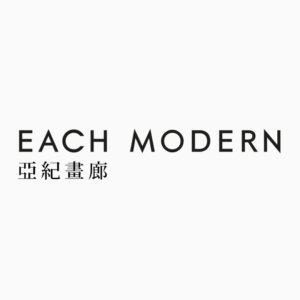
Taipei

just opened
15 Apr - 24 May 2025
Tue-Sat 12.30-6.30pm
32
“representing Each Modern’s reinterpretation of post-war and contemporary Taiwanese art from a 21st-century perspective ... these works represent concrete and impermanent expressions of Eastern consciousness, evolving through cultural intersections”

Paris

11 Apr - 17 May 2025
Tue-Fri 10am-6pm, Sat 11am-7pm
25
My Favourited Exhibitions
Shop
Build your art library
-
 David LaChapelle
David LaChapelleLandscape
Monograph, Robilant+Voena
£15.00 : Robilant+Voena
Add to cart -
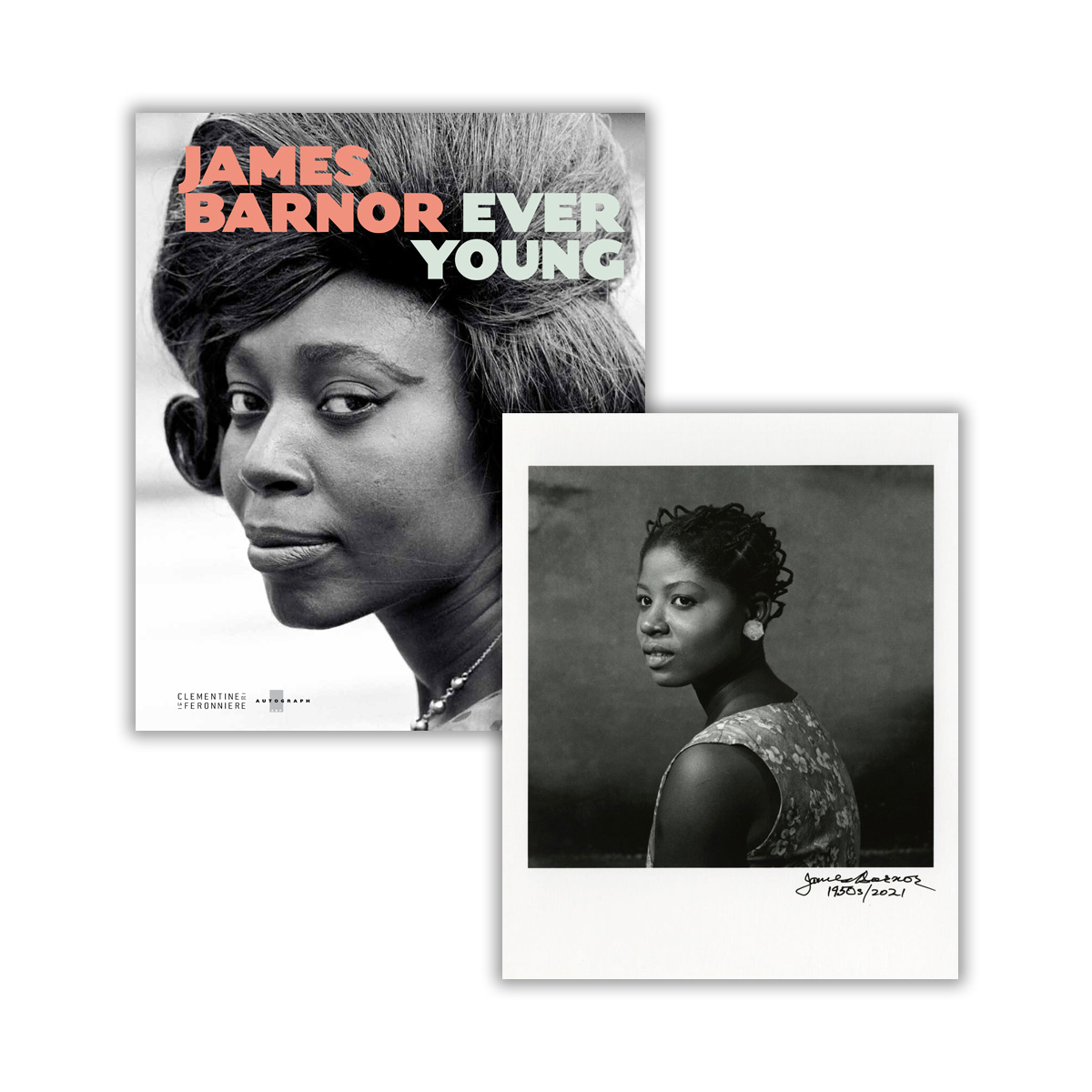 James Barnor
James BarnorBook and Print: Ever Young Studio, 1954/2021
Artist Book, Autograph
£360.00 : Autograph
Add to cart -
 Joyce Pensato
Joyce PensatoFORGETTABOUT IT
Monograph
£30.00 Out of Stock: GalleriesNow.net
Read more -
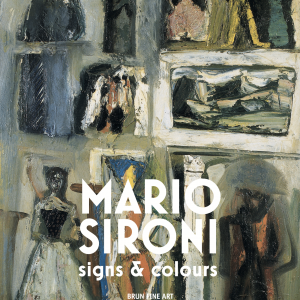 Mario Sironi
Mario SironiMario Sironi: Signs & Colours
Exhibition Publication, Brun Fine Art
£25.00 : Brun Fine Art
Add to cart










